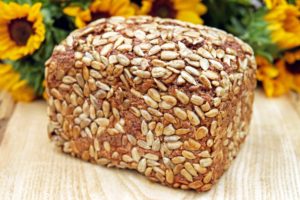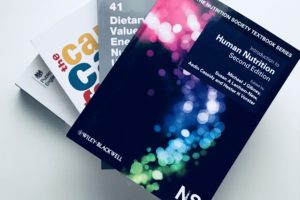After waking up tired one too many times, I’ve decided to investigate what foods are best for energy. For anyone interested in food for fuel, here’s a roundup of what I’ve found out.
4 Food Fuel Tips
1. Fill up on carbohydrates
This is our body’s main source of energy and far too many weight loss plans give carbs a bad name. Opt for whole grains, like brown rice and wholemeal bread, and starchy carbs such as potatoes. Not only will you be eating a good source of energy, you’ll also consume a healthy dose of fibre too; which (as a nation) we’re apparently not very good at consuming enough of*.
2. Seek out low GI foods
GI stands for glycaemic index and it’s all about what happens to your blood sugar levels after you’ve eaten different types of carbs from various food sources. Low GI foods can help to keep your blood sugar levels stable, preventing huge spikes and falls in your blood sugar levels/energy.
Although, take caution when looking up GI values for various foods and be sure to check the portion size of the GI value and what you’re actually consuming – for example parsnips have a high GI value, but that’s because 500g of parsnips are used in the calculation of their GI value is*. Would you ever eat 500g of parsnips? The likelihood is that the value you’ll eat wouldn’t lead to a high spike in your blood sugar levels.
3. Eat at regular intervals
Going too long without food can encourage your blood sugar levels to drop and leave you feeling tired. Eat healthily at regular periods to prevent that crash in energy.
4. Opt for a balanced diet rich in B vitamins and iron
Here are a few examples of foods filled with either B vitamins or iron, all of which are known to help contribute to how energised we feel.
- Green vegetables
- Fortified cereals
- Whole grains – brown rice, wholemeal bread
- Porridge
- Red meat
- Fish
- Chicken
- Marmite
- Cheese
- Eggs
For more information on foods best for energy, visit NHS energy diet.
Notes
- https://www.nhs.uk/live-well/eat-well/how-to-get-more-fibre-into-your-diet/
https://www.nutrition.org.uk/nutritionscience/nutrients-food-and-ingredients/dietary-fibre.html - https://www.treatsandtreadmills.com/10-nutritional-nuggets-of-information/

